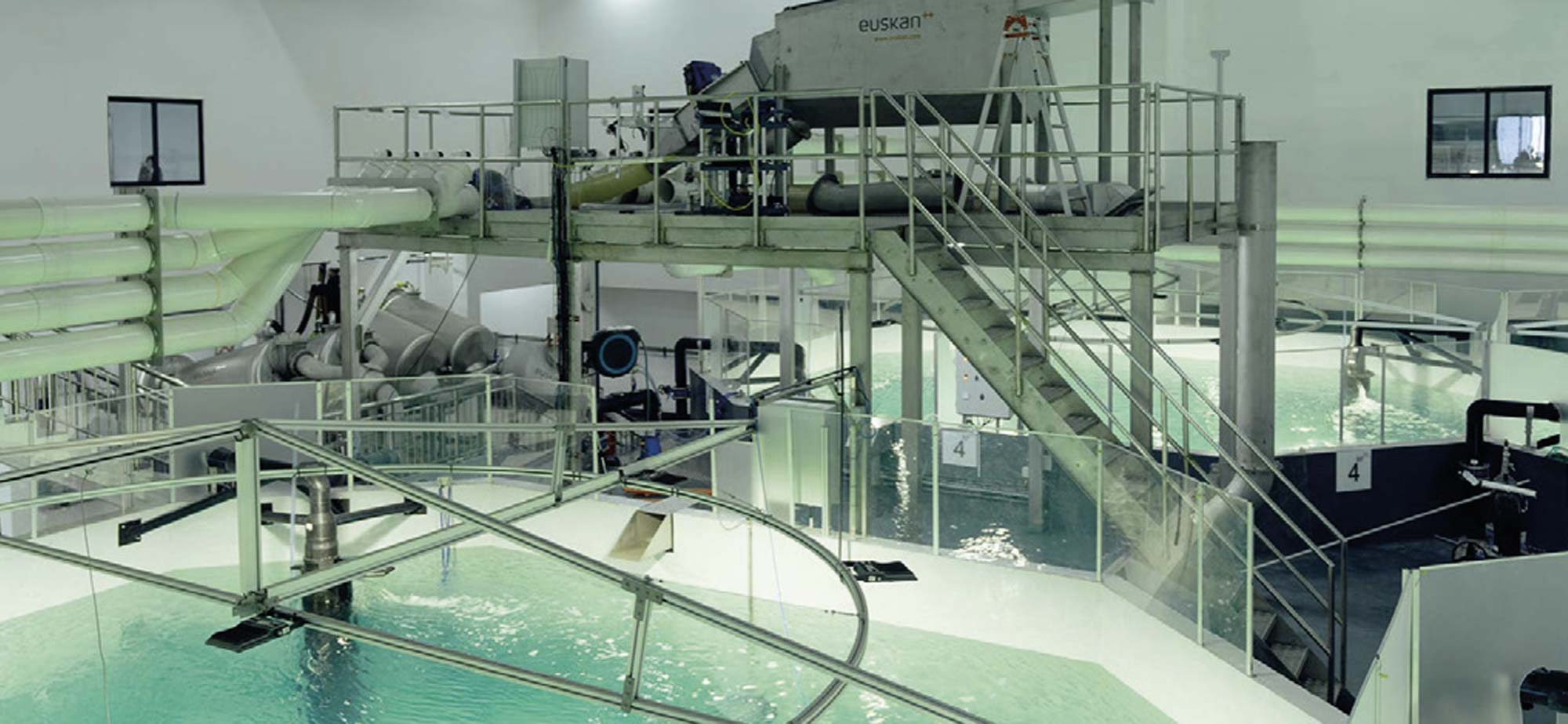Provide the most possible gentle fish transfer in between RAS tanks as well as for the last transfer into the processing facilities.
AQUACULTURE
AQUACULTURE
INTRODUCTION
We design advanced fish handling systems for land-based and marine aquaculture, optimized for today’s needs: larger fish, stricter welfare requirements, and higher demands for operational control.
Our systems are particularly suited for handling large smolt and harvest-size fish – where gentle, predictable movement is key to maintaining welfare, quality, and survival.

TECHNICAL DATA
01.
Unlike conventional vacuum systems, our technology provides an absolutely steady inlet flow. This eliminates pressure kickbacks and turbulence, ensuring a smooth transfer with significantly reduced stress and physical impact – even for fish up to 15 kg.
02.
Because our system delivers a continuous and predictable flow, fish do not need to be crowded tightly before transfer. This reduces stress, lowers aggression, and helps preserve water quality and welfare during the entire process.
03.
We position the pump as low and as close to the destination point as possible. This minimizes the vacuum load on the fish, shortens transfer distance after pumping, and allows for higher water velocities where needed – all while protecting fish health. Our Sub Water Level pumps are capable of being installed below water level, minimizing or even eliminating the vacuum load to the fish – leading to an even higher fish welfare.
04.
Whether you’re moving large smolt or broodstock, our systems are built for the task. Water flow and transfer speed can be precisely adjusted to the species, size, and conditions in your facility.
01.
02.
INFORMATION
RELATED PROJECTS
Provide the most possible gentle fish transfer in between RAS tanks as well as for the last transfer into the processing facilities.
Provide the gentlest fish transportation from sea cages to killing station keeping high production capacity and with long pumping distances.
Improving volume and quality harvest size salmon 5 kg average 300 tons per week